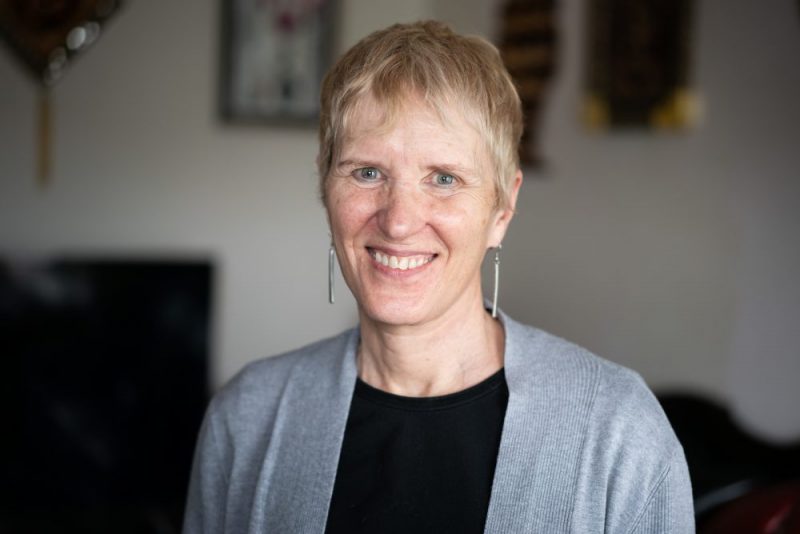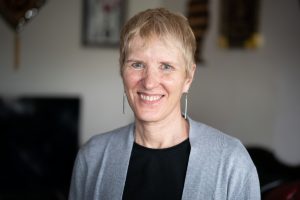
The CES Award recognizes and rewards a University of Utah faculty member of any rank for high quality work that integrates teaching, research and community engagement. The award recognizes faculty who show a record of successful teaching and research that is carried out through long-term, collaborative community-engaged partnerships that address a community-identified need or priority. Recipients of other University-wide teaching awards must wait five years prior to being eligible for consideration.
DUE NOVEMBER 1, 2019
Award amount
$5,000
This award is intended as recognition for work already undertaken, and may be used for any purpose deemed appropriate by the faculty member. There is no requirement that funds be used for award-related projects or future work.
Definition of Community Engaged Teaching and Scholarship
Integration of teaching, investigation, analysis, and the transformation and dissemination of knowledge based on community-informed, reciprocal long-term partnerships involving the university and community members. CES contributes to both the public good and the university mission, is rooted in disciplinary or field-based expertise, uses appropriate methodologies, and involves public dissemination of products that can be peer reviewed.
Criteria for Award
- Significance to both scholarly communities and to the external communities that it seeks to engage. It should address questions of import to scholars and community members, and produce results that advance scholarly knowledge while being of demonstrable benefit to community partners.
- Quality in terms of both scholarly rigor and community engagement. High-quality CES is rooted in both up-to-date scholarly research and community knowledge; involves sustained, long-term reciprocal relationships; utilizes an asset based approach to communities; engages community partners in decision making throughout the research process; and is carried out ethically and responsibly.
- Impact on scholarly knowledge in a discipline, field, or methodology and for its impact on communities. Community impacts can include improvements in community-identified issues, increases in community health and wellness, and increases in community capacity. In assessing the impact of CES on communities, it is important that local and regional impacts are valued equally alongside national or international impact. Assessment of impact should reflect a range of measurable outcomes addressing the depth and scope of work, and may include quantitative and/or qualitative assessments from faculty peers, community partners, and students regarding quality of teaching and learning.
Nomination Process
Faculty members whose work fits the criteria above may be nominated by colleagues or by self-nomination. Nominations should include the following:
- Narrative outlining how the nominee’s teaching/scholarship addresses the above criteria of significance, quality, and impact (max. 3 double-spaced pages);
- At least two letters of support documenting the criteria above, from an academic peer, a community partner, and/or a student.
- Nominee curriculum vitae
Nominations can be made HERE.
If you have any questions, please email katie.haslam@utah.edu or call 801-581-8661.
2019 COMMUNITY ENGAGED TEACHING & SCHOLARSHIP AWARD
Associate Professor/Lecturer, Department of Occupational and Recreational Therapies, College of Health
“Since 2004, Dr. Smith has been supervising Level I and Level II Fieldwork occupational therapy students to provide life skills training for adaptation to life in the US for recent immigrants and former refugees. While working with members of the Karen community at the University Neighborhood Partners-Hartland Partnership Center in 2007, Dr. Smith began to establish relationships with members of the Karen community that have continued to today and will likely continue long into the future,” said one nominator. “In 2008, she joined a small group of members of the University of Utah community and traveled to the Thai-Burma border to visit a refugee camp to learn about the experiences of the Karen in the camps. She used this information to inform programming for former refugees at the Hartland Partnership, in local public schools, and other settings. Since then she has traveled back to the camps five times as part of the University of Utah Bridging Borders program, providing education in the camps as well as gathering information to share with members of the Karen community in Utah and her university students.”

